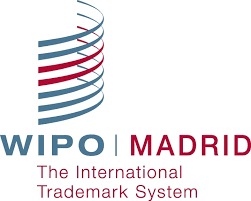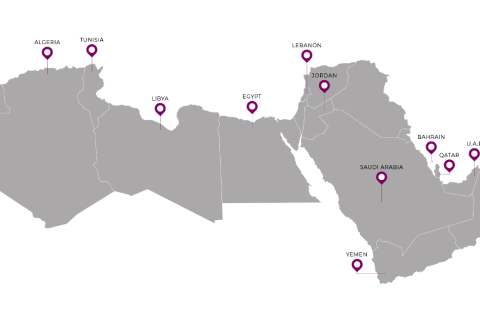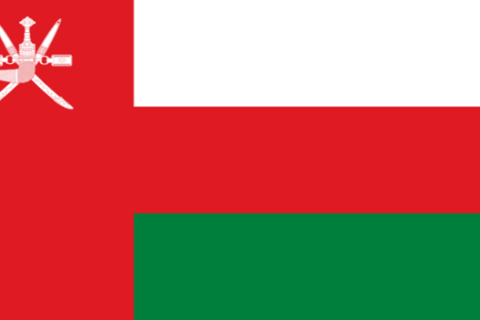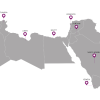International trademark registration is crucial for businesses looking to expand their brands globally. It allows trademark owners to protect their marks in multiple countries by filing a single application with the World Intellectual Property Organization (WIPO).
However, not all international trademark applications are successful. In some cases, the trademark office of a particular country may refuse the registration of an international trademark application. It’s important to keep in mind that trademark refusals are not only country-specific, but they also need to comply with global standards.
Top 5 countries in issuing trademark refusals internationally
Based on a real time Data from WIPO, February, the month of love, may have brought warmth to many hearts, but for some trademark applicants in the United States, it brought a cold reality check with 2,168 trademark refusals. Following closely behind is Canada with 1,955 rejections. China is in third place with issuing 1,322 trademark refusals, India is in fourth place with 1,065 trademark rejections, and Japan ranked in fifth place by issuing 907 trademark refusals.
International Trademark refusals in Arab countries
Trademark refusals can occur during the trademark registration process in Arab countries for various reasons.
Algeria (DZ) has seen 47 rejections and ranked number one in issuing trademark refusals in Arab countries, Oman came with 26 trademark refusals divided between association and relative. Morocco issued 21 refusals divided between 12 absolute, 5 relative and 3 oppositions.
In a surprising turn of events, Egypt has gone from the pinnacle of success last month to only 8 refusals in the month of February. In terms of international trademark refusals, if an applicant files an international trademark application through the Madrid Protocol, and designates Egypt as one of the countries in which they wish to register their trademark, the Egyptian Trademark Office will examine the application and make a decision on whether to approve or refuse the application based on its own criteria and strict standards. It is surprising that Egypt has only 8 refusals this month, it could be that businesses and individuals in Egypt a are taking steps to ensure that their applications meet the necessary requirements for approval? Let’s wait and see!
And finally, Bahrain ranked number 5 with 8 trademark refusals.
Trademark Refusal Prevention
The most common reason for an international trademark refusal is an overlap with a prior trademark application. This means that in order to obtain international trademark protection, you must first check to make sure that your name is not already in use in other countries and that there is no potential trademark conflict.
If you find that your name is already in use in other countries, then it is important to consider modifying your trademark application to make it unique and distinguishable. Additionally, you should also consider filing a trademark application in multiple countries in case of an unexpected rejection.
It is also important to not just consider the name of your trademark, but also any associated logos and designs that may also need to be registered. These should be checked for uniqueness as well, as any manifestation of the trademark must also be distinctive enough to stand on its own in other countries.
In order to ensure that your trademark application is approved for international trademark protection, it is important to do your due diligence before by researching several countries’ trademark laws and regulations, as well as researching any trademarks that may be similar to your own. Doing this can help to avoid costly mistakes and maximize the chances that your trademark will be accepted for international protection. With the right strategy, you will have no problems obtaining international trademark protection. AlYafi IP Group is here to guide and prevent you from consultation to trademark search and with the full process of your trademark registration.
In conclusion, international trademark refusals can be costly and time-consuming for businesses. It is essential for trademark owners to conduct thorough research before filing an international trademark application to avoid potential refusals. If a refusal does occur, it is important to seek legal advice to understand the options available and to develop a strategy for moving forward.









